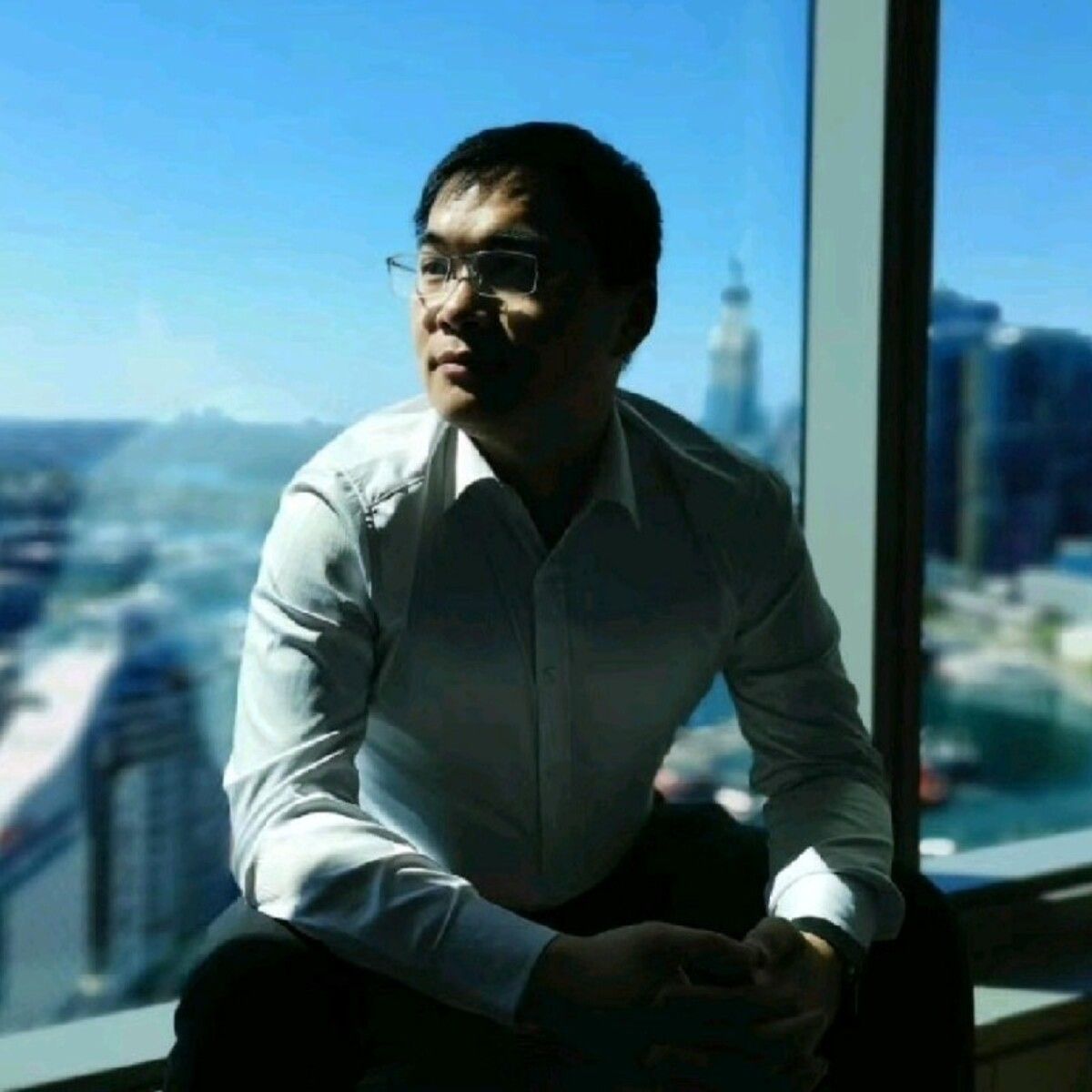Introduction
I was a religious believer in science since I was a kid. This obsession with science has created a fairly robust belief system I have. The system works well for me most of the time but its flaw is getting increasingly obvious over time - it is dysfunctional whenever things that I have no control over and don’t make sense to me happen around me or to me. This is coming up more and more often. When I consider why it is the case, it probably comes down to two reasons, one is that, over time, people have to rely on other people more. Two is that, the world is never about you, something that I only notice when I get older.
I consulted with friends good at navigating this kind of things, but unfortunately the tactics they use tend to be the likes of seeing a different version of the reality, which is something I am not able to do.
Recently I got my own way of handling this type of situations, inspired by principles in immuno-pathology.
Immuno-pathology
The concept of immuno-pathology can be easily explained in the diagram below

Traditionally it was assumed that pathogens had direct effects on humans and led to tissue lesions. However, in 80s, it was identified that in many instances pathogens didn’t have direct effects but rather they influenced mediators in our own body and caused tissue lesions as a result. In another word, it was the response that our body had against the pathogens, rather than the pathogens themselves, that caused the damage. This is not a trivial concept; inflammation as a result of cytokine releases in our body is related to many major diseases including cancer, Alzheimer’s disease, auto-immune diseases etc.
Facing pathogens, a smart way to reduce our damage is to block the inflammatory reaction rather than having to kill the pathogen.

Anti-inflammation in Life
The realisation that the damage is mostly caused by our response as oppose to the pathogens has a profound impact on how I approach pathogens in our life - the things that are not reasonable, yet I have little control over.
Overextending any concept is dangerous but I do see the lessons in immuno-pathology being relevant generally. Anti-cytokine (the mediator causing inflammation) drugs tend to work well for chronic and long term inflammation. This leads to a couple of tactics in life
accept that our natural response could be flawed (immune systems make mistakes, so do our mind and heart)
default to action (move on from things that can’t be easily changed)
find your home (leave inflammatory environments)
protect emotional values (pre-empt emotional resources on things that are worthwhile, before cytokines take them up)
Conclusion
In the end, I just sound like my friends, but I learnt my lessons with mental models that I accept and understand. I can’t help but think, maybe the science we discover is universally applicable, especially if there exists a fractal from molecules to planets. Ending this post using widsoms from Charles Darwin.
“The highest possible stage in moral culture is when we recognize that we ought to control our thoughts.”
— Charles Darwin

